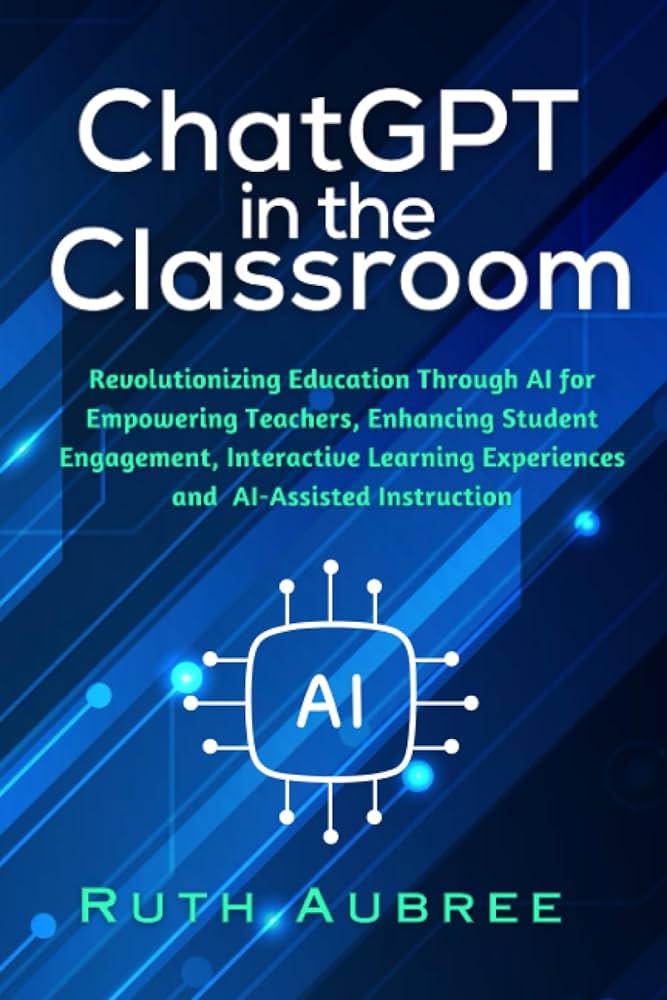At a recent symposium on artificial intelligence and education held at Hosei University in Tokyo, experts highlighted the transformative potential of AI in revolutionizing classroom learning.
With the emergence of advanced AI systems like ChatGPT, educators are exploring innovative ways to personalize learning experiences for students while streamlining teaching processes.
AI-powered personalized learning
One of the key speakers at the symposium, Kyosuke Takami, a senior researcher at the National Institute for Educational Policy Research, presented findings from a study involving approximately 200 high school students.
The study showcased how AI-driven systems could offer tailored instruction, allowing students to move beyond traditional methods of learning from textbooks and exercises.
The test group, equipped with access to an AI-driven platform, received personalized explanations and practice exercises based on their performance. By analyzing students’ answers, the AI generated targeted recommendations to address their weaknesses effectively. Results indicated that students in the test group made quicker progress and demonstrated better performance on assessments compared to their counterparts using conventional methods.
Balancing AI efficiency with teacher expertise
Takami emphasized the efficiency gains of AI-driven personalized learning, highlighting the elimination of redundant learning tasks and the optimization of study time for students. However, he also underscored the importance of teacher involvement to complement AI’s capabilities and address areas beyond its scope.
On the teachers’ front, Hisaho Nakata, a public sector specialist at Microsoft Japan Inc., discussed how generative AIs like ChatGPT could revolutionize lesson planning and course development. By providing detailed prompts, these AI systems can create comprehensive lesson plans tailored to specific learning objectives, covering aspects such as structure, visual aids, and even draft test questions.
AI’s role in promoting critical thinking and ethical implementation
Nakata emphasized the potential of AI to not only save time for educators but also to facilitate higher-order thinking skills among students. By guiding AI with well-considered prompts, teachers can transition from mere knowledge acquisition to fostering critical thinking and synthesis skills in students.
While the symposium highlighted the promising prospects of AI in education, questions regarding its ethical use and integration into classrooms remain. Concerns were raised about the introduction of relatively new technologies like generative AI without thorough vetting of their capabilities and potential impacts on students.
Both Takami and Nakata acknowledged the need for ongoing discussions and assessments of AI’s role in education to ensure responsible implementation and mitigate any potential risks. While AI presents exciting opportunities for personalized learning and teaching efficiency, careful consideration of ethical, privacy, and equity concerns is paramount.





